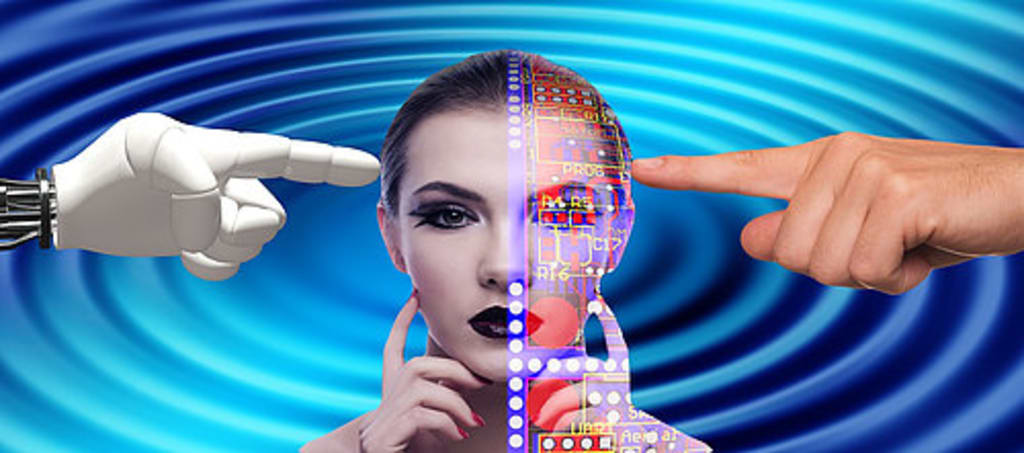Will ai Replace Programmers
what is the future of programmers

Artificial Intelligence (AI) has come a long way since its inception in the 1950s. AI has revolutionized the way businesses operate, and the technology has proven to be highly effective in a variety of industries. As AI continues to develop, many people wonder whether AI will eventually replace programmers. In this article, we'll explore this question in depth.
Firstly, it's important to understand what AI is and what it does. AI refers to the ability of machines to learn from data and perform tasks that would otherwise require human intelligence. This can include anything from speech recognition and image analysis to predicting consumer behavior and optimizing business operations.
While AI has many benefits, it's not without its limitations. One of the most significant challenges is the need for large amounts of data to train AI systems. This data must also be labeled and organized in a way that the AI system can understand. Additionally, AI models must be constantly updated and refined as new data becomes available.
Given these limitations, it's unlikely that AI will completely replace programmers in the near future. However, AI is already changing the way programmers work. For example, many programming tasks can now be automated using AI, such as code optimization, debugging, and testing. This allows programmers to focus on more complex and creative tasks that require human intelligence.
AI is also being used to augment programmers' abilities. For example, AI can help programmers identify and fix errors in their code more quickly and accurately. It can also suggest improvements to existing code and help programmers write more efficient and effective algorithms.
Another area where AI is impacting programming is in the development of new software applications. AI can analyze large amounts of data to identify patterns and insights that can be used to create new software applications. This can be particularly valuable in industries such as healthcare, where AI can be used to develop predictive models that can help diagnose and treat diseases more effectively.
Overall, it's clear that AI is changing the way programmers work. While it's unlikely that AI will completely replace programmers, it will certainly have a significant impact on the profession. As AI continues to evolve, programmers will need to adapt and develop new skills to stay relevant.
One of the biggest challenges facing programmers in the era of AI is the need to understand and work with increasingly complex systems. AI systems are often highly specialized and can be difficult to understand, even for experienced programmers. As a result, programmers will need to develop new skills in areas such as machine learning, data science, and natural language processing to work effectively with AI systems.
Another challenge facing programmers is the need to collaborate with AI systems. As AI becomes more integrated into programming workflows, programmers will need to work closely with AI systems to ensure that they are working effectively. This will require a deep understanding of how AI systems work and how they can be used to improve programming workflows.
Despite these challenges, AI presents many opportunities for programmers. For example, AI can help programmers develop new applications more quickly and efficiently, reducing the time and cost required to bring new software products to market. AI can also help programmers identify and fix errors more quickly, reducing the risk of bugs and other issues in software applications.
In conclusion, AI is changing the way programmers work, but it's unlikely to replace them entirely. AI will continue to be an important tool for programmers, helping them automate routine tasks and augment their abilities. However, programmers will need to adapt and develop new skills to work effectively with AI systems. As AI continues to evolve, it will be exciting to see how programmers and AI systems work together to create new and innovative software applications.





Comments
There are no comments for this story
Be the first to respond and start the conversation.